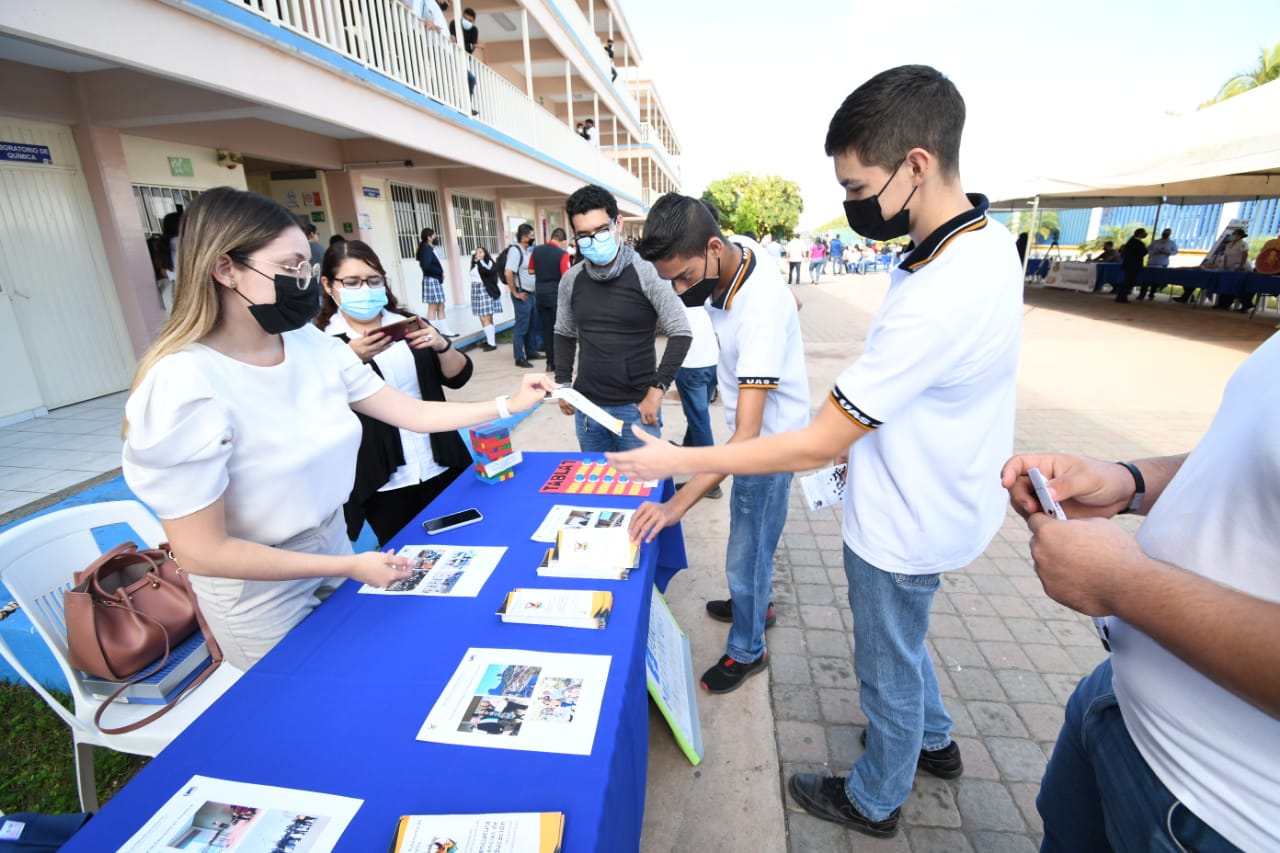In a week in which the planet is witnessing an exponential growth in coronavirus infections, the Ministry of Science has announced a reshaping of the scientific career that the research community does not approve in general terms. That, for one thing. On the other, the central and autonomous governments they still don’t pay much attention to scientific evidence and the bewilderment over the course of the pandemic takes a seat next to us. That is why I think it is a good time to ask ourselves what we can do, today, for what has saved us, that is, for science.
Our species is one of Earth. However, due to the power of reason that we have, we have managed to face the most discordant challenges posed by nature. The capacity developed to overcome adversity, using a constantly evolving scientific method, has made us colonizers and long-lived. In addition, the need that each generation has had to vindicate the role of science in our successes as a species is a historical constant.
Many are the occasions when friends, acquaintances and followers have asked me what they can do for the development of science. It is clear that not all of us want to be an active part of scientific research. However, in the same way that we do not all want, nor can we, be elite athletes, but we do participate in the financing of sport by consuming events of this nature, formulas exist to support science without having to handle a pipette.
In addition to the well-known demand from politicians for real involvement, each citizen can show their solidarity with research projects, as is done with victims of natural disasters or victims of poverty in many parts of the world. The great generosity of Spanish society with social causes is known, but this does not happen when it comes to science. Therefore, serve this modest column to motivate you in this regard.
“Without the grains of knowledge that were established two decades ago, we would not have had the technology to produce vaccines”
With the end of the year approaching, sometimes we can make certain adjustments that will deduct us in the next income statement. At this time several friends, among which are the writer and politician Marta Rivera de la Cruz and his countryman Jose Rus Rodriguez, usually make contributions to the Foundation for Biomedical Research of Hospital La Paz in order to increase the money box with which my projects in Metastasis, Sepsis and now Covid-19 are financed. No matter how small the donations, we know that great buildings are built with many small elements.
Probably, disinformation in this context does not help to foster the spirit of solidarity with this cause as laudable as the ones I mentioned earlier. Although perhaps the real reason lies in the lack of immediacy in the results. By contributing money to build a children’s village or buy food we are able to see the usefulness of our act in a short time. With science this does not happen; its simmering prevents us from realizing the benefit of our generosity.
However, we must bear in mind that without the grains of knowledge that were established two decades ago, we would not have had the necessary technology to produce the vaccines that today are preventing deaths from Covid-19. Unfortunately, it is difficult to predict which experiment will be crucial to unblock a problem for humanity in the future. It is best to encourage research in every way imaginable.
In Spain there are several non-profit associations and foundations that seek funds to finance research projects. Each of them is a potential recipient of individual donations that will increase the amounts of these projects, so necessary for today and tomorrow. In addition to the Foundation of the Institute that I direct (the Foundation for Biomedical Research of Hospital La Paz), there is a considerable list of options.
For example: the Spanish Association Against Cancer (AECC), the CRIS Foundation, the FERO Foundation and the Spanish Association for Cancer Research (ASEICA).
“To the pleasure that is felt when we know that we have done something of benefit is added the fiscal incentive associated with these donations”
All of them are involved, from different angles, in projects that try to increase the knowledge we have about this terrible disease. In the case of the La Paz Hospital Foundation, your donation can be dedicated to a host of projects in the most diverse fields, ranging from infectious diseases to metastasis.
The AECC dedicates its funds to actions such as supporting patients and families as well as projects of great scientific scope. While the CRIS Foundation is specifically aimed at finding solutions to childhood cancer, FERO supports novice researchers facing the challenge of setting up a laboratory in this exciting field. In the case of ASEICA, this association promotes the careers and visibility of scientists who are dedicated to scrutinizing the secrets of this disease.
You already know that looking for information on the internet about how to collaborate financially is easy. Remember that the pleasure you feel when we know that we have done something of benefit is added the tax incentive associated with this type of donation. Take advantage of the proximity of the end of the year and Give yourself a collaboration with your future and that of humanity. Whatever your decision, I always wait for you here, in this column where I intend, every week, to disseminate science, scientific policy and recent research in EL ESPAÑOL.
*** Eduardo López-Collazo is scientific director of the Health Research Institute of the La Paz University Hospital (IdiPAZ), Madrid.


:format(webp)/cloudfront-us-east-1.images.arcpublishing.com/grupoclarin/XM6EP3SM5REKNBOIXJSOCDCOOA.jpg)


